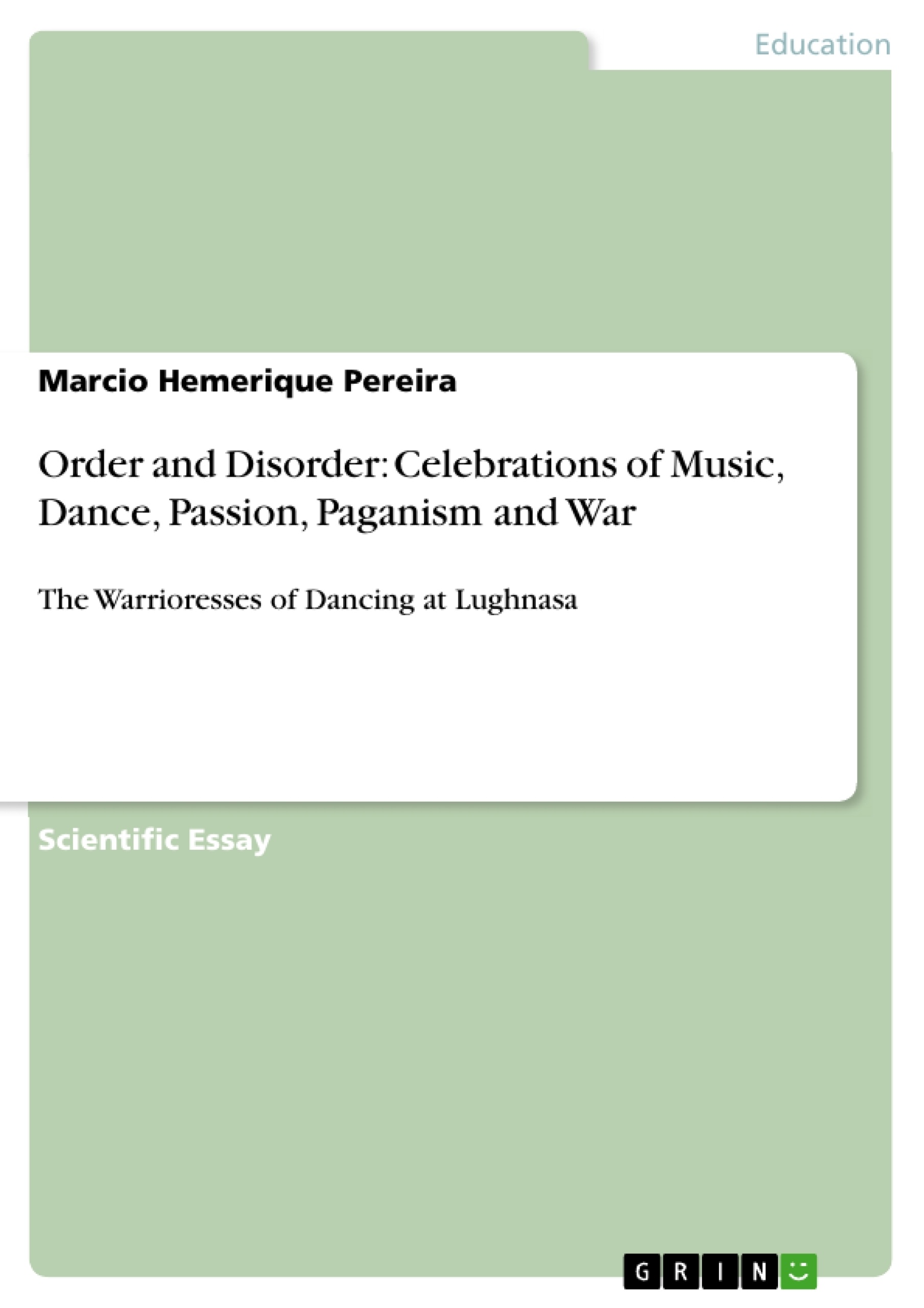Abstract: The essay proposes to analyze Brian Friel’s work, Dancing at Lughnasa, in a peculiar perspective – that of dance, language and music forms, in which the ‘warrioresses’ Mundy are involved. Exploring these forms intrinsically attached to public and private lives which are issues to that society, we will try to go beyond the text and understand what Friel intended to say to the Irish society. Beyond the language movement and its contrasts, we will analyze in what performance can, at certain point, mystify life. We will be (re) organizing the rituals and myths absorbed in the Mundy family and Irish society in order to contextualize them in present Ireland and world. Equally important, relate the motifs in Ballybeg inside-out world (the carnivalization invoked in Friel’s work). Finally, the essay tangles the different efforts of Brian Friel’s in Dancing at Lughnasa when using representative forms of speech (music, dance, silence) and what considers being a more viable and broader definition of Ireland itself.
Key Words: Dance, Music, Friel’s play - Dancing at Lughnasa, and Family.
Inhaltsverzeichnis (Table of Contents)
- The Narrative
-
The 'Warrioresses'
- A Family's Journey
- The Mundy's Struggles
- The Family as Symbol
- Irish Life Beyond the Family
-
The Dance at Lughnasa
- The Festival of Lugh
- The Dance of the Mundy Sisters
Zielsetzung und Themenschwerpunkte (Objectives and Key Themes)
The essay aims to analyze Brian Friel's play, Dancing at Lughnasa, through the lens of dance, language, and music, highlighting their role in shaping the lives of the Mundy sisters. It delves into the play's broader context, exploring Friel's message to Irish society and the ways in which performance can both reflect and mystify life.
- The role of dance, language, and music in shaping the lives of the Mundy sisters.
- Friel's message to Irish society and the cultural and historical context of the play.
- The interplay of ritual, myth, and performance in the lives of the Mundy family and Irish society.
- The broader definition of Ireland and its unique cultural identity.
- The concept of family and its significance within Irish society.
Zusammenfassung der Kapitel (Chapter Summaries)
The essay begins by introducing the narrative of Dancing at Lughnasa, told through the memories of Michael, the son of one of the five Mundy sisters. The story takes place in the small village of Ballybeg, where the sisters navigate a challenging life filled with personal and societal struggles. The arrival of their uncle Jack and the visits of Michael's father, Gerry, add layers of complexity to the family dynamics.
The essay then focuses on the Mundy sisters, their resilience, and their desperate attempts to find meaning and happiness amidst poverty and limited opportunities. The play highlights the conservative nature of Irish society at the time, emphasizing the importance of family honor and the suppression of uncomfortable truths.
The essay also explores the role of the Lughnasa festival, a celebration of the Celtic harvest god Lugh, and its significance in the lives of the Mundy sisters. The dance, a symbol of joy and freedom, contrasts sharply with the constraints and hardships they face. The chapter delves into the rituals and traditions associated with Lughnasa, shedding light on its lasting influence in rural Ireland.
Schlüsselwörter (Keywords)
The essay focuses on key themes such as dance, music, family, and identity, specifically exploring the role of these elements in shaping the lives of the Mundy sisters and the cultural context of Ireland. The play, Dancing at Lughnasa, serves as a central point of reference, and the author further explores themes of ritual, myth, performance, and the complexities of Irish society.
Frequently Asked Questions
What is the central focus of Brian Friel’s "Dancing at Lughnasa"?
The play explores the lives of the five Mundy sisters in rural Ireland, focusing on themes of family, poverty, and the tension between tradition and change.
What does the "Lughnasa" festival signify in the play?
It is a celebration of the Celtic harvest god Lugh. In the play, the dance associated with the festival symbolizes a momentary escape from the constraints of their harsh, conservative reality.
Who is the narrator of the story?
The narrative is presented through the memories of Michael, the son of one of the Mundy sisters, looking back at his childhood in Ballybeg.
What role does music and dance play in the essay's analysis?
The essay analyzes these as representative forms of speech that go beyond language to express the private and public struggles of the Mundy family.
What is "carnivalization" in the context of Friel’s work?
It refers to the "inside-out world" of Ballybeg where social norms are temporarily suspended or challenged through ritual and performance.
- Arbeit zitieren
- MA Marcio Hemerique Pereira (Autor:in), 2009, Order and Disorder: Celebrations of Music, Dance, Passion, Paganism and War, München, GRIN Verlag, https://www.grin.com/document/153426



